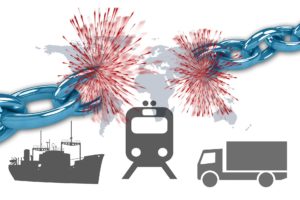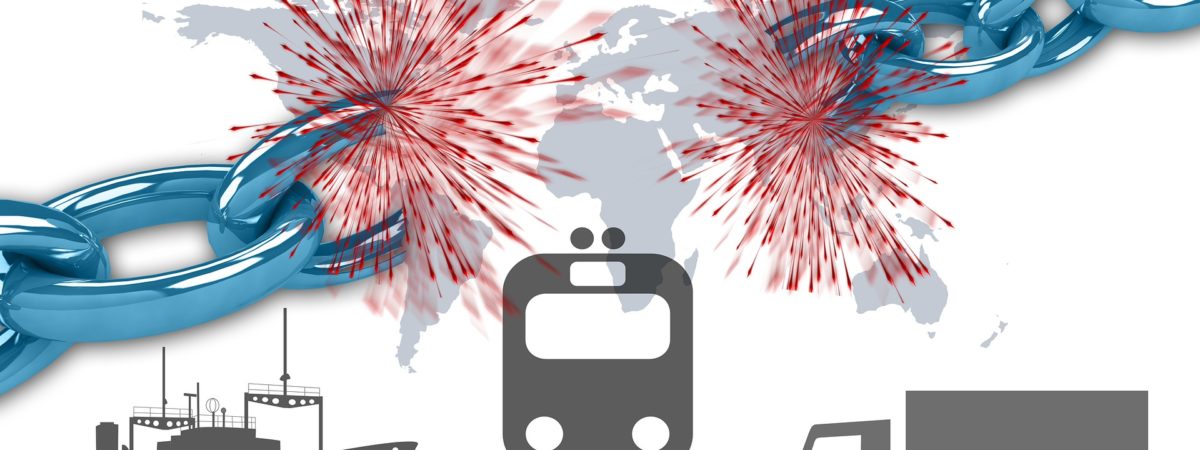 A supply chain is a structure between a business and its customers and suppliers that incorporate all the negotiations involved in changing raw materials into saleable products. The structure comprises the people, resources, information, activities, and technology, while the functional members involved in the business structures include customer service, logistics, sourcing, production, sales, and procurement.
A supply chain is a structure between a business and its customers and suppliers that incorporate all the negotiations involved in changing raw materials into saleable products. The structure comprises the people, resources, information, activities, and technology, while the functional members involved in the business structures include customer service, logistics, sourcing, production, sales, and procurement.
Furthermore, supply chain management (SCM) is the tactics, management, and coordination that handles the flow of information, materials, data, and resources to convey excellent services and products to every shareholder. Not only that, but it also works to transform raw material into a saleable one and bring it to the customer.
Moreover, when the activities of a business’s supply chain are brought simultaneously in a single perspective, SCM takes competitive benefits by performing quicker, decreasing friction all over the external and internal points.
Why Is It Important?
With several components of the supply chain, and each of them relies on the other for easy functioning, it would be simple for a person who causes trouble to do something bad for your company. Even so, supply management is not just about keeping away from problems; it may also convey positive impacts to your business.
Here are the reasons why the supply chain is vital to every company:
-
It Improves Client’s Satisfaction.
An incompetent SCM often results to clients getting only a part of their order or receiving the wrong order. Hence, SCM can’t only guarantee that consumers acquire the whole of the order exactly; instead, it also reduces the time it takes to deliver the order.
-
It Decreases Expenditure.
The efficiency of SCM can decrease costs at several points throughout the trip a product takes to deliver to the consumer. For example, deliveries that reach one destination are required to lessen the necessity to hold a directory in a storehouse for a long period.
-
It Prevents Delayed Orders.
The delay of production can result in dissatisfied consumers and more expenses. It also results in a decrease in assets. Moreover, dependable delivery of products to factories can lower the possibilities of high costs caused by the delays.
-
It Increases Profits.
Decreasing dependency on transportation prices and storehouses similarly decreases expenditure. Productive SCM also boosts cash flow by creating the company a more engaging supplier to clients for its quick delivery.
Conclusion
Supply chain management is much easier than handling suppliers on an extemporary basis and when needed. It’s more on figuring out the precise SCM tactics and bringing data-driven ways to fulfill those tactics. Furthermore, it looks over the production of suppliers and utilizes advanced analytics to set up the best means to handle supply chain risk.
Through applying advanced analytics, SCM can decrease costs while enhancing production. They can acquire logical tactics and form data-driven resolutions to boost the SCM production and, in doing so, increase the corporate earnings. This is why productive SCM is necessarily a crucial factor of operational production.

